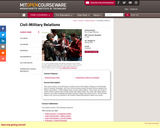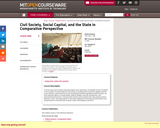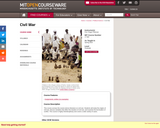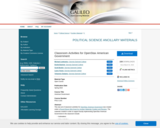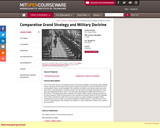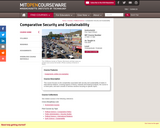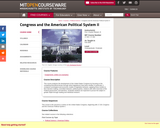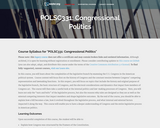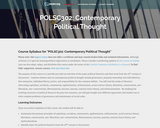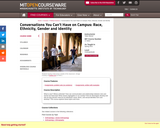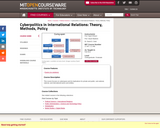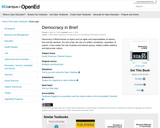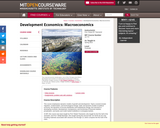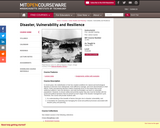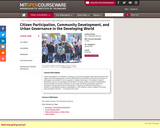
Citizen participation is everywhere. Invoking it has become de rigueur when discussing cities and regions in the developing world. From the World Bank to the World Social Forum, the virtues of participation are extolled: from its capacity to ŰĎdeepen democracyŰ to its ability to improve governance, there is no shortage to the benefits it can bring. While it is clear that participation cannot possibly ŰĎdoŰ all that is claimed, it is also clear that citizen participation cannot be dismissed, and that there must be something to it. Figuring out what that something is -- whether it is identifying the types of participation or the contexts in which it happens that bring about desirable outcomes is the goal of the class.
- Subject:
- Political Science
- Social Science
- Material Type:
- Full Course
- Provider:
- M.I.T.
- Provider Set:
- M.I.T. OpenCourseWare
- Author:
- Baiocchi, Gianpaolo
- Date Added:
- 01/01/2007
